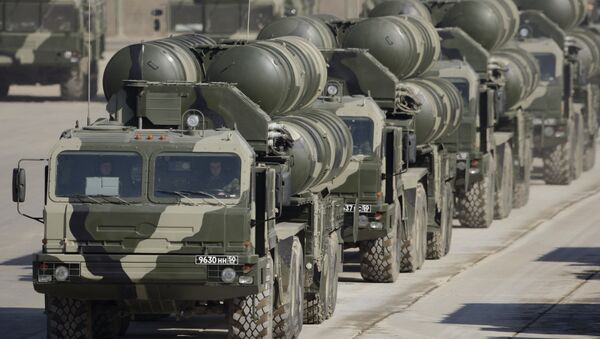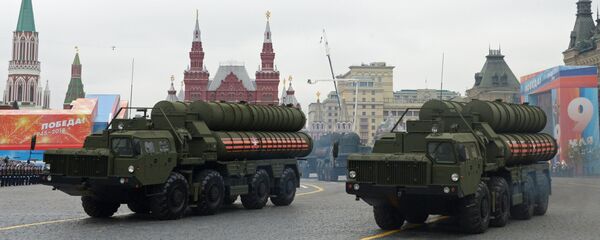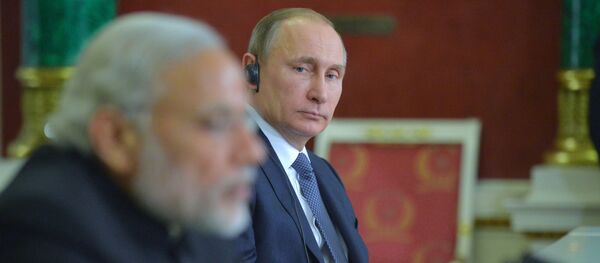Speaking to Sputnik about the development, Dr. Hasan Askari Rizvi, a prominent political and defense analyst based in Lahore, Pakistan, explained why Islamabad will be troubled by the sale.
Sputnik: How problematic is this purchase for Pakistan?
Hasan Askari Rizvi: The fact is that relations between India and Pakistan are extremely bad, and there are from time to time border exchanges, violent exchanges on the line of control in the disputed territory of Kashmir.
Sputnik: What can Islamabad do to mitigate the effects of this deal?
Hasan Askari Rizvi: First, I think Pakistan and the leaders in Islamabad expect that the Russian leadership would help to facilitate a dialogue between Pakistan and India on the contentious issues. If they can use their influence for that purpose, it would be a positive contribution for promoting stability in the region.
Secondly, Pakistan will look for sources to obtain weapons from other countries in order to balance this imbalance which, in the Pakistani point of view, will be caused when these deals are fully implemented.
Sputnik: You mentioned that Pakistan could acquire new weapons. What about new partnerships?
Hasan Askari Rizvi: On the one hand, Pakistan's relations with Russia have improved over the last two or three years, and Pakistan continues to work on that, because the leaders in Islamabad think that with the improvement of relations with Russia and more trade between Pakistan and Russia, Russia will be more inclined to use its influence for promoting dialogue and peace in the region.
Sputnik: Dr. Rizvi, could you please elaborate about Russian-Pakistani relations, and how this deal could also affect them?
Hasan Askari Rizvi: Relations between Pakistan and Russia appear to be normal, and they interact at the diplomatic level, because now, as compared to 10-15 years ago, there is no direct difference of opinion on regional issues between Pakistan and Russia. They share views on Afghanistan, they share views on stability in the region, their trade has increased, and Russia has offered to do some investment in Pakistan, which Pakistan has welcomed.
So if you go back four-five years and compare the relations, they have improved, but there is a lot more scope for improving economic and trade relations between Pakistan and Russia.
Sputnik: Looking at the balance of power in the region, bearing in mind India's acquisition of the S-400s, how could this purchase affect the strategic power balance in the region?
Hasan Askari Rizvi: As far conventional weapons are concerned, the balance has always been in favor of India, because India is a bigger power. So what Pakistan has been doing in the past is, first, also obtaining some weapons from different international sources. Secondly, Pakistan, like India, has nuclear weapons, and the imbalance in conventional weapons is compensated, because both have nuclear weapons, which deters the two sides from crossing the limit whenever there is a conventional exchange of fire between India and Pakistan in either Kashmir or on the international border.
Dr. Hasan Askari Rizvi is an independent political and defense analyst specializing in arms control, nuclear weapons policy and civil-military relations and the former interim head of the provincial government of Punjab. The views expressed by Dr. Rizvi are those of the speaker, and do not necessarily reflect those of Sputnik.





